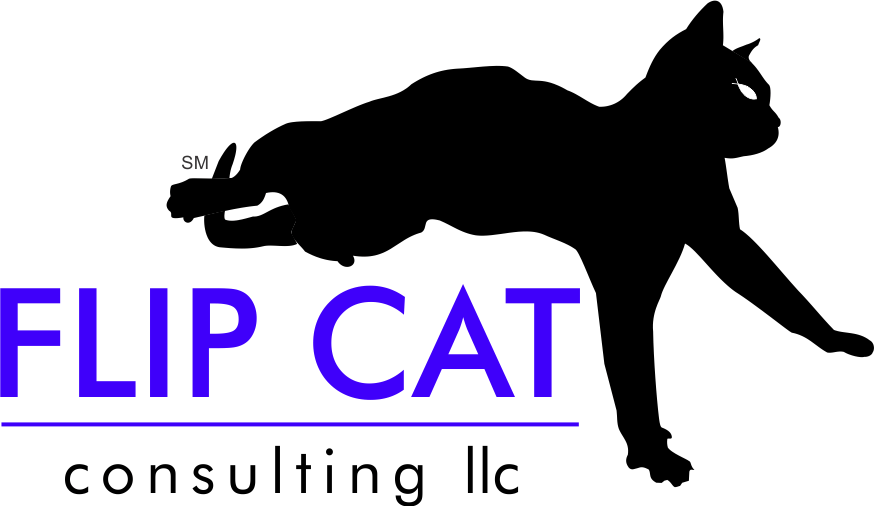The Power & Paralysis of Perfection
/A recent Dallas Bar Association Headnotes issue quoted Randy Johnston (DBA Trial Lawyer of the Year) with the following advice to young lawyers – “there is no such thing as a ‘forgivable error’ for a young lawyer; you must strive to be as perfect as possible because your opponent can view even a misplaced comma or spelling mistake as undermining your entire position – make sure to carefully review every work product that goes out with fresh eyes.” Of course, he refers to (attorney) work product here – but lawyers often apply the same standard of perfection to projects and elements used to build business. Just don’t allow it to paralyze you from successfully promoting yourself.
Once upon a time, I helped a prominent attorney edit and perfect a PowerPoint presentation. We started shortly after lunch the day before he would present out of town. Had he not had to leave at 4:45PM for a child’s sporting event, I think we might still be making revisions to this date.
We made reasonable edits for grammatical purposes and to make the presentation as time-relevant as possible. We tweaked slide order and the layout of several slides. Then, we repeated these steps across more than 22 iterations of revisions. The deck was roughly 30 slides. (His presentation went well, of course.)
I share this example because it demonstrates the “desire for perfection” innate to the majority of attorneys and professionals. I tend toward the perfectionist trait myself, often holding back on a blog post, business proposal, or business relationship because I aim to ensure that I’ve put my best foot forward and I know the majority of my audience demands high-level and quality workmanship. Yet, there must be a stopping point, a line in the sand, where we move forward to maintain the original objective and avoid stalling ourselves into inertia that can stymie success.
What is Your Best Use of Time?
The Social Media world has a general rule for publishing blogs in order to overcome the spectre of procrastination: When you have a minimally viable product, tweak it and publish it. Get it out there, even if there might be a grammatical or typographical error. I recognize that my clients and audience must adhere to a higher bar because of how appearances (in writing, on film, or in person) imply the level of detail to anticipate from their professional services.
The requirement for accuracy and perfectionism must be balanced against productive movement forward – not to mention, best use of your time.
photo: coredynamicspilades.com
A few tips:
Systemization. If you are writing a speech, preparing a slide deck, or legal documents, always have another person proofread (beyond Spell Check), and have a system for doing so – something that will help you bring your portion of the work to 80-90% so that you can hand it off to your proofreader/collaborator, allowing you a little more time for other higher-order tasks. The more you can systematize and delegate portions of the projects that hold you back (that cause you to spend longer than necessary on minutiae instead of the bigger picture), the quicker you will experience successes.
Creativity. Perfectionism risks stifling creativity to the extent you might wind up resorting to old habits and doing the same old thing you’ve always done. (You know what they say about doing the same thing over and over and expecting different results!) This article discusses how perfectionism kills creativity, and offers a 5-step catalyst to keep you moving when you’re in a creative rut.
Rejection. Blast through rejection with SW, SW, SW, SW. This rule comes from the Success Principles and it stands for
Some Will (want you, agree with you, champion you…)
Some Won’t
So What?
Somewhere – Someone is Waiting (for your product/service, to hear from you, to work with you).
Applying this to overcoming the perilous side of perfection means: remind yourself of your abilities, your achievements, and what sets you apart. Someone deserves your service. Don’t let your desire for perfectionism keep them waiting.
Succinctly, it is a fallacy that:
- Perfection IS Perfection.
- Failure IS Failure.
...as this great, brief post explains.
There is more forgiveness out there than you imagine, so step forward!
Flip Cat would like to help you break through barriers to creativity and help design systems to empower your success. Contact us to learn more.





